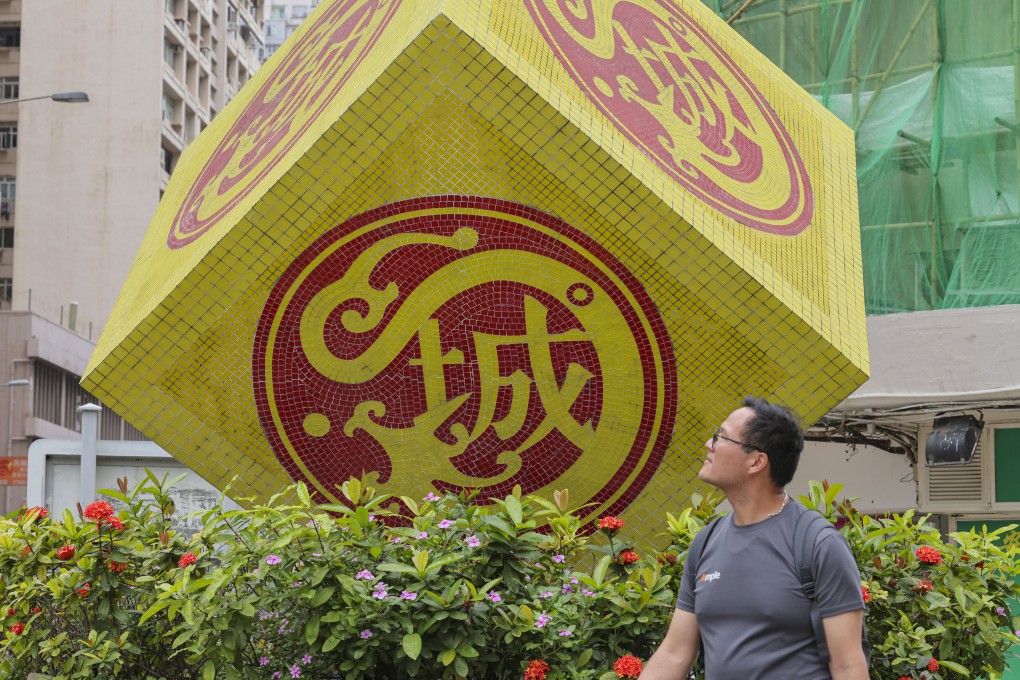Opinion | How to run Hong Kong districts and local economies better
- Under the proposed reforms, should appointed councillors be unpaid, like most government advisers? What will their duties be, and how will they be held accountable?
- Stepping back from such questions, practical measures can be introduced to improve governance at the district level, to build better communities

The reforms will prove inefficient and constrain the feedback channels from community to government. They are also superfluous as the risk of abuse of the councils has been addressed with the implementation of national security legislation, and changes in the code of practices set out in a government circular on district administration in 2020.
The current district councils are the only government advisory bodies formed primarily by people directly nominated and elected by electors from constituencies of around 16,000 people each. Why change most of the district councillors into appointed members? The government already has around 520 advisory and statutory bodies, with some 4,600 members of the public appointed to serve in some 7,100 posts (some serve on more than one body).
Generally, membership of these advisory bodies is unpaid. Some remuneration is available for participation in meetings for a quarter of the bodies, primarily appeal boards. Elected district councillors receive a salary and are provided with an expense account to look after their constituency. What will be the duties of appointed councillors? Who or what will they look after? Should they be unpaid, like most government advisers?
Stepping back from the questions of how councillors obtain seats and how to measure their performance without a ballot box, let’s focus on improving district administration and building better communities. Over the years, I have made various proposals to achieve this, and they remain relevant today.
